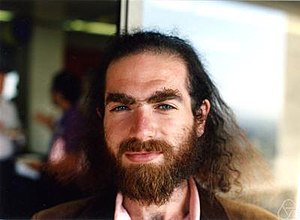The Mathematician Who Refused 1 Million Dollars
One of the greatest mathematicians of our time is Grigori Perelman. Perelman solved one of the most difficult problems in mathematics that has puzzled mathematicians for a hundred years, the Poincaré Conjecture.
The Poincaré Conjecture was posted by Henri Poincaré in 1904. It was one of the seven Millenium Prize Problems, the most difficult mathematics problems selected by the Clay Mathematics Institute. A correct solution to any of the unsolved problems can earn the author 1 million dollars. As of this writing, the remaining six problems are still unsolved.
The mathematical community took three years in verifying Perelman’s proof. According to Jon Lott, one of the mathematicians who verified the proof, this was “partly due to the originality of Perelman’s work and partly to the technical sophistication of his arguments.”
But that’s not the end of the story.
Perelman was also known for refusing prizes (no disrespect intended). He refused the Millenium Prize in 2010 — yes, the $1 million. He said that his contribution is no greater than that of Richard Hamilton, the mathematician who suggested a program for the solution.
In 2002, Perelman also declined the Fields Medal — the “Nobel Prize of Mathematics” — the most prestigious award any mathematician could ever get. Perelman also declined the European Mathematical Society award in 1996.
Below are several of Perelman’s arguments why he did not accept the prize.
“I’m not interested in money or fame. I don’t want to be on display like an animal in a zoo. I’m not a hero of mathematics. I’m not even that successful; that is why I don’t want to have everybody looking at me.”
“[the prize] was completely irrelevant for me. Everybody understood that if the proof is correct, then no other recognition is needed.“
Reference: Wikipedia
